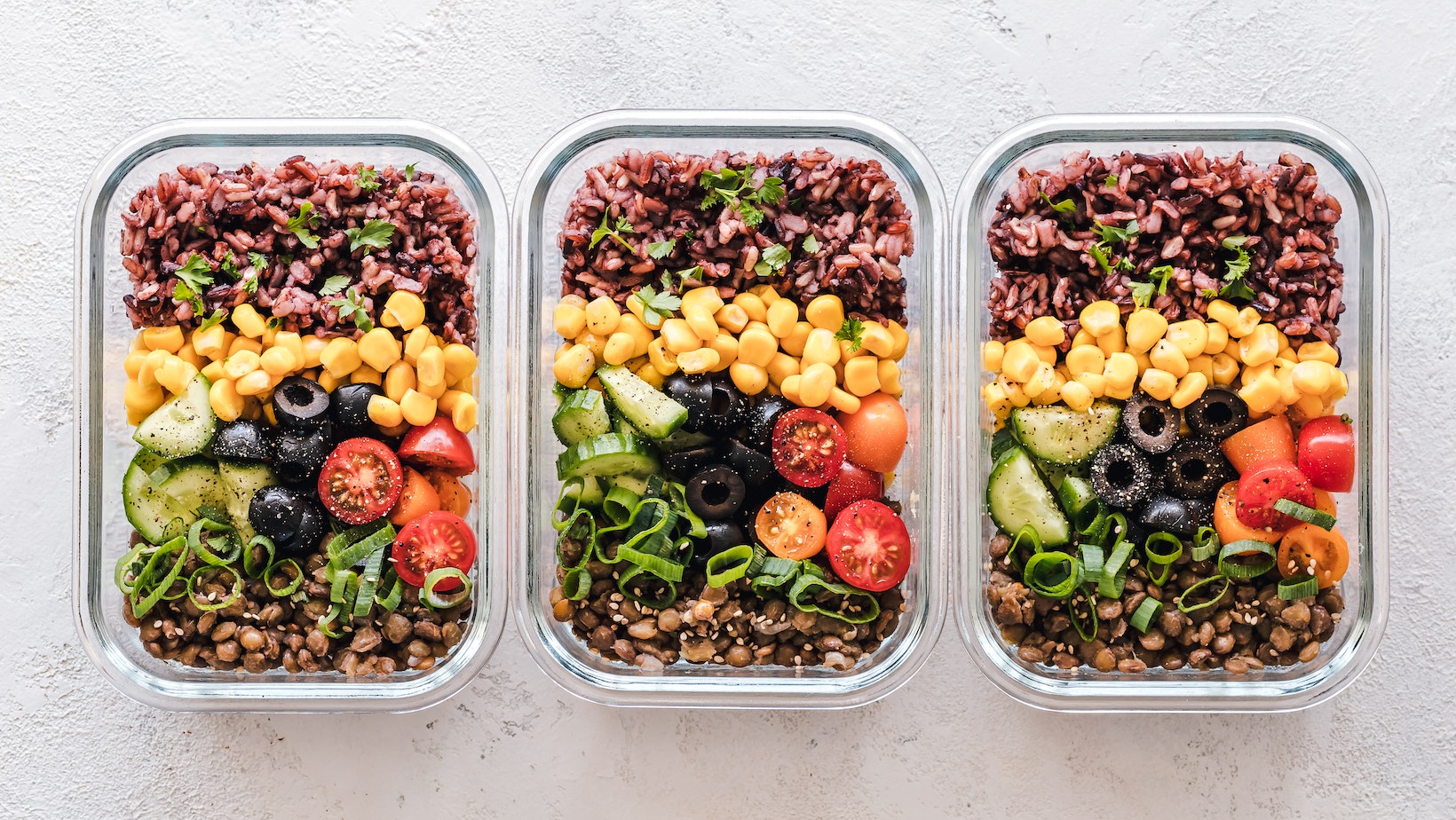
Keto Diet For Runners
If you’re a runner looking to optimize your performance and shed some extra pounds, you may have heard about the keto diet. The ketogenic diet, or keto for short, is a low-carb, high-fat eating plan that has gained popularity in recent years. But does it work for runners? Can you maintain your energy levels while running on ketones instead of carbohydrates? Let’s delve into the world of the keto diet for runners and find out.
The keto diet works by shifting your body into a state of ketosis, where it burns fat for fuel instead of relying on carbohydrates. This can lead to weight loss and improved metabolic health. However, since carbohydrates are the primary source of energy during exercise, many athletes are skeptical about whether the keto diet is suitable for endurance activities like running.
It’s important to note that the effectiveness of the keto diet for runners varies from person to person. What works for one athlete might not necessarily work for another. It’s essential to consult with a registered dietitian or sports nutritionist before making any significant changes to your dietary routine. They can help you determine if the ketogenic approach aligns with your goals and provide personalized guidance based on your individual needs.
In conclusion, while there is ongoing debate surrounding the suitability of the keto diet for runners, some individuals have experienced positive results when fully adapted to ketosis. If you’re considering trying this eating plan as a runner, seek professional advice and monitor how it affects your performance and overall well-being. Remember that proper nutrition plays a crucial role in athletic endeavors, so finding what works best for your body is key.
Benefits of the Keto Diet for Runners
When it comes to fueling our bodies for running, we often hear about the importance of carbohydrates. However, the keto diet, which is low in carbs and high in healthy fats, has gained popularity among runners for its potential benefits. Here are some key advantages that runners can experience by following a keto diet:
- Increased fat burning: The primary goal of the keto diet is to shift your body into a state of ketosis, where it relies on fat as its main source of fuel instead of carbohydrates. For runners, this can be beneficial as it enhances their ability to burn stored body fat during long-distance runs. By becoming efficient at utilizing fat as an energy source, runners may experience improved endurance and reduced dependence on constant refueling.
- Reduced inflammation: Running places stress on our muscles and joints, leading to inflammation in the body. Studies have suggested that following a keto diet may help reduce chronic inflammation due to its anti-inflammatory effects. By minimizing inflammation, runners may experience faster recovery times and decreased risk of injury.
- Stable energy levels: One common struggle for runners is maintaining consistent energy levels throughout their training sessions or races. The keto diet promotes stable blood sugar levels by avoiding spikes and crashes associated with consuming high-carb meals or sugary snacks. This steady energy supply can help prevent fatigue and provide sustained performance during long runs.
- Weight management: Maintaining a healthy weight is essential for optimal running performance. The low-carb nature of the keto diet can aid in weight loss or weight maintenance by reducing appetite and promoting satiety through increased intake of healthy fats and proteins. Shedding excess pounds can lead to improved speed and agility while reducing strain on joints.
- Improved mental clarity: Running requires focus and mental stamina, which could be enhanced by following a keto diet due to its impact on brain function. Ketones produced from breaking down fats serve as an alternative energy source for the brain, potentially leading to improved concentration and mental clarity during runs.
In conclusion, the keto diet offers several potential advantages for runners, including increased fat burning, reduced inflammation, stable energy levels, weight management, and improved mental clarity. However, individual results may vary, and it’s crucial to consider personal factors and seek professional guidance when deciding whether this dietary approach is right for you as a runner.

